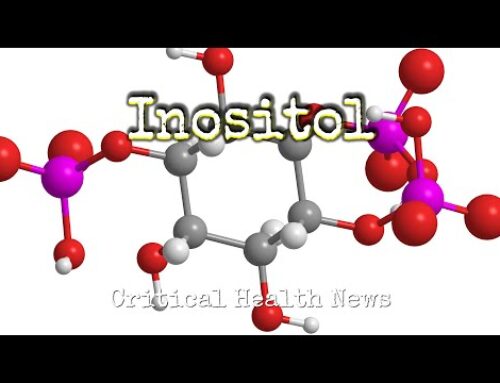One of the least known of nutrients is a sugar-like molecule called “inositol”. At one time, the substance was considered essential and a member of the B vitamin family, but these days it’s recognized that the body can make its own. Nonetheless, inositol is incredibly important and functional. It’s a critical component of all cell membranes. It plays a role in the chemistry of serotonin and it’s important for maintaining healthy muscles.
Some psychiatrists recommend inositol for mental health issues including anxiety, depression and obsessive compulsive disorder. Taking a little inositol before bedtime can help you relax and fall asleep. It’s anti-diabetic and it’s been shown to be especially helpful for gestational diabetes, a blood sugar disease that can affect pregnant women.
Speaking of women’s health, recent research has focused on inositol’s ability to help improve the symptoms of PCOS (polycystic ovarian syndrome), a distressing condition that can affect the female reproductive cycle and lead to PMS, infertility, weight gain and skin conditions, including oiliness, acne and excessive hair growth on body and face.
Most of us get enough inositol from what we eat. It’s found in all cells and all food, especially high fiber fruits, vegetables, nuts, seeds, beans, peas, cantaloupe and citrus fruits have particularly high concentrations of inositol.
You can also use supplemental inositol. A good daily dose is 500 to 1000 milligrams a day, although it’s non-toxic and taking more can be beneficial for addressing blood sugar, mood, sleep or female hormonal problems.










